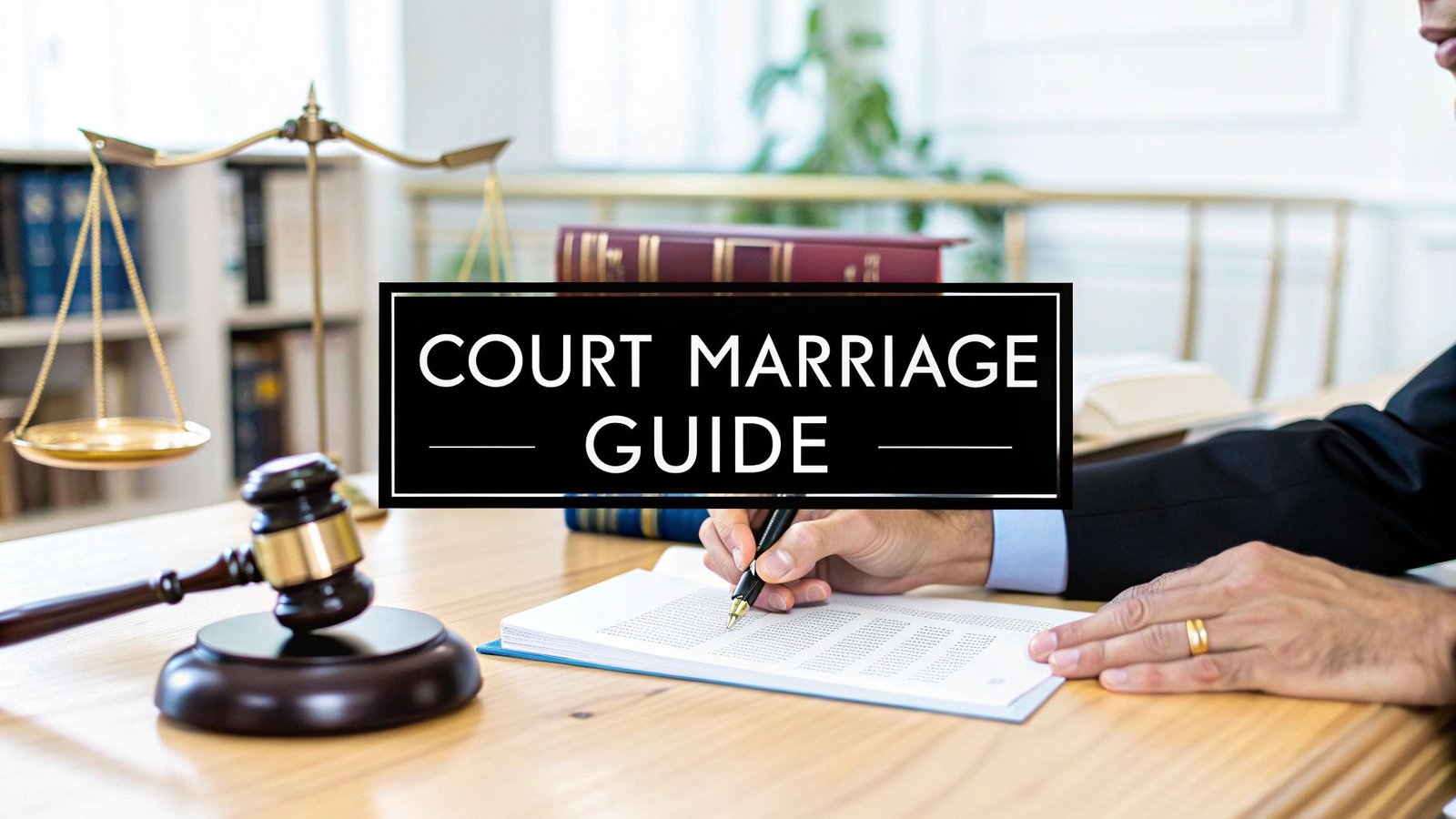Introduction: What is Maintenance?
Maintenance in law stands for providing financial assistance to the applicant who is unable to maintain herself/himself, from the respondent for the expenses incurred in proceedings and required to support the survival. Moreover, it is a gender and religion-neutral concept into which a wife, husband, widow daughters-in-law, child, parents and dependants are entitled to approach the court of justice for the same.
Court iterated in Vijaya Manohar Arbat vs Kashi Rao Rajaram Sawai And Anr ((Dr. (Mrs.) Vijaya Manohar Arbat vs Kashi Rao Rajaram Sawai And Anr)) that, not only a married son but also a married daughter is bound under law to support the living of her parents. The law of maintenance is not exhaustive and the court of law makes alterations through precedents whenever it emerges as a necessity to modify or interpret the existing law.
Provisions for Maintenance in India
1. Under Hindu Law
Hindu Marriage Act, 1955:
Section 24 of the act elaborates on Maintenance pendent lite and expenses of proceedings which states, “either the wife or the husband, as the case may be, has no independent income sufficient for her or his support and the necessary expenses of the proceeding, it may, on the application of the wife or the husband, order the respondent to pay to the petitioner the expenses of the proceeding, and monthly during the proceeding such sum as, having regard to the petitioner’s own income and the income of the respondent, it may seem to the court to be reasonable.”
It additionally provides a period of 60 days from the date of service of notice to dispose of the application of payment of monthly maintenance.
Where section 24 had been drafted with an idea to entrust interim maintenance, Section 25 of the act pertains the provision for permanent alimony to the applicant from the own income of the respondent for her or his maintenance and support such gross sum or such monthly or periodical sum for a term not exceeding the life of the applicant. The order can be modified if there is a change in the situations of the parties or either of the party or if the beneficiary remarries.
Hindu Adoption and Maintenance Act, 1956:
The aforementioned act encircles the conditions of rendering maintenance to a wife, widowed daughters-in-law, child, aged parents, and dependents. Provisions for maintenance are envisaged in chapter 3 of the act. The wife is entitled to maintenance under section 18(2) of the act; it provides a list of conditions when she can apply to get maintained under this section. And, clause 3 of the latter states the conditions when she is entitled to get an order of maintenance. Child and aged parents are entitled to get a sum for survival under section 20 of the act.
However, section 23 clearly states that the quantum of maintenance is not affixed by the law and it depends on several economic and other factors.
2. Under Muslim Law
Muslim Women (Protection of Rights on Divorce) Act, 1986:
It states that a divorced Muslim woman is entitled to get the sum of Mehr promised during Nikaah, during the iddat period. And, if she is maintaining a child along with herself, she is entitled to get maintenance for 2 years from the date of birth of the child. However, the provision is not determined for the respondent and sufficient for the applicant.
3. Under Christian Law
Indian Divorce Act, 1869:
Section 37 of the act consists of the rule of providing a gross or annual sum to the wife in case “where a decree of dissolution of the marriage or a decree of judicial separation is obtained by the wife.” The District Court has the authority to order the maintenance sum, modify it when necessary, and temporarily suspend or revive it.
4. Under Parsi Law
Parsi Marriage and Divorce Act, 1936:
The Parsi law provides a right to the divorced wife who has not remarried, to demand a sum for survival from her husband. The sum can be one-fifth of his income. Although the quantum is not affixed by law and depends upon the financial conditions of the husband, the behaviour of the wife and several other factors.
5. Under Secular Laws
Code of Criminal Procedure, 1973:
The landmark judgment of Md. Ahmad Khan vs. Shah Bano Begum ((Mohd. Ahmad Khan V. Shah Bano Begum Air 1985 Scr (3) 844)) transformed the entire realm of maintenance by asserting Section 125 of the Cr.P.C. as religion-neutral law or a secular provision.
The aforementioned section covers wives, children whether legitimate or illegitimate and parents to approach the court of law for the order of maintenance from the person having sufficient means neglecting or refusing to maintain them. It also states that ”such allowance shall be payable from the date of the order, or, if so ordered, from the date of the application for maintenance.”
Domestic Violence Act, 2005:
While drafting the act, lawmakers clearly vindicated their intent that the laws for maintenance are not exhaustive by stating the provision of maintenance under the aforementioned act as an additional order for maintenance.
The act also bounds women to entrust maintenance to another woman who has been a survivor of domestic violence. Section 20 (1) (d) states Monetary reliefs.—
- While disposing of an application under sub-section (1) of section 12, the Magistrate may direct the respondent to pay monetary relief to meet the expenses incurred and losses suffered by the aggrieved person and any child of the aggrieved person as a result of the domestic violence and such relief may include but is not limited to—
(1) the maintenance for the aggrieved person as well as her children, if any, including an order under or in addition to an order of maintenance under section 125 of the Code of Criminal Procedure, 1973 (2 of 1974) or any other law for the time being in force
Special Marriage Act, 1954:
Various categories that do not fall under the ambit of personal laws of religions, solemnize their marriage under this act. A wife having no individual income can approach the court under section 36 for interim maintenance incurred during proceedings. Section 37 provides the law for permanent alimony to approach the court for the necessary sum to support her living in the form of maintenance.
Conclusion
In conclusion, it can be said that the laws governing the concept of maintenance and recent progressive judgments by the Supreme Court in India are fair and provide for the needs of both the husband and the wife. They are designed to ensure that the couple is able to live together without financial hardship. However, it is important to note that these laws are not always followed by the courts. This means that there is still room for improvement in how maintenance is handled in India.
There is a need for more awareness about these laws so that they can be implemented properly. We hope that with the help of this article, this concept becomes more clear.
by Khushi Shukla
Disclaimer: The opinions expressed within this article are the personal opinions of the author. The facts and opinions appearing in the article do not reflect the views of Adjuva Legal and Adjuva Legal does not assume any responsibility or liability for the same.







